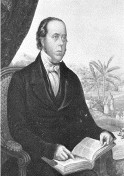William Knibb (1803-1845)

William Knibb was the son of Thomas and Mary Knibb, of Kettering Northamtonshire. His father was a tradesman in that town, and not a professor of religion. His mother, whose maiden name was Dexter, was a member of the independent church in Kettering.
Knibb was the fifth of eight children, and a twin whose other half was a sister. He was born on the 6th or 7th of September 1803. [He is described as] “… not remarkable for application, but he was quick and clever at his lessons”.
On the 5th of October 1824 William Knibb was united in marriage to Mary Watkins. One month later 5th November they both set sail on board the Ocean for Jamaica West Indies. The Ocean arrived in sight to Jamaica early in the morning of Saturday, the 12th of February. The passengers of the Ocean left for Kingston.
Knibb was sent specifically to take charge of a Baptist School in Kingston, which his deceased brother had charge of. His services as a preacher was employed early after he arrived in Jamaica. Due to the deterioration of his wife’s health in 1825 Knibb moved to Port Royal, cooler climate, where he re-opened the place of worship his brother had presided over. Knibb also ministered in Kingston and was instrumental in bringing the Baptist Churches, in Kingston, together to form an association in 1826. He was chosen secretary of the Jamaica Baptist Association.
It is claimed that Knibb’s greatness began with the 1831 insurrection, instigated by a native Baptist leader Samuel Sharpe. Although he knew nothing of the planned rebellion until about two days before, he was, arrested and many false witnesses brought before the court to give evidence against him. He however won the case, but was harassed on all sides by the authorities because of his anti-slavery stance.
Knibb succumbed to the deadly Yellow Fever approximately 1:00 a.m. Saturday November 15, 1845 at the age of 42. He was ill for only one short week. His wife and two daughters survived him.
